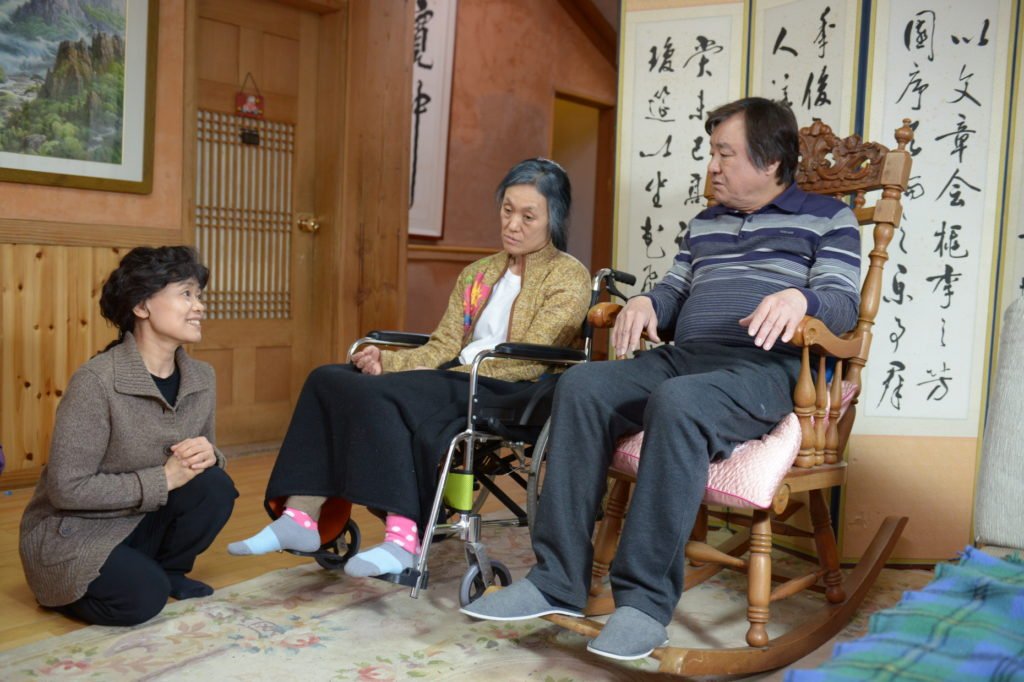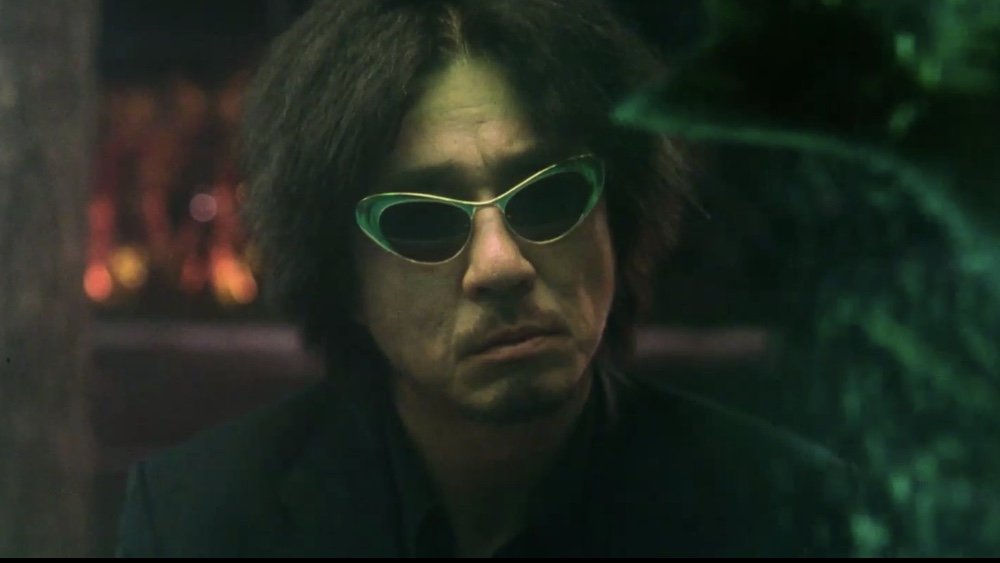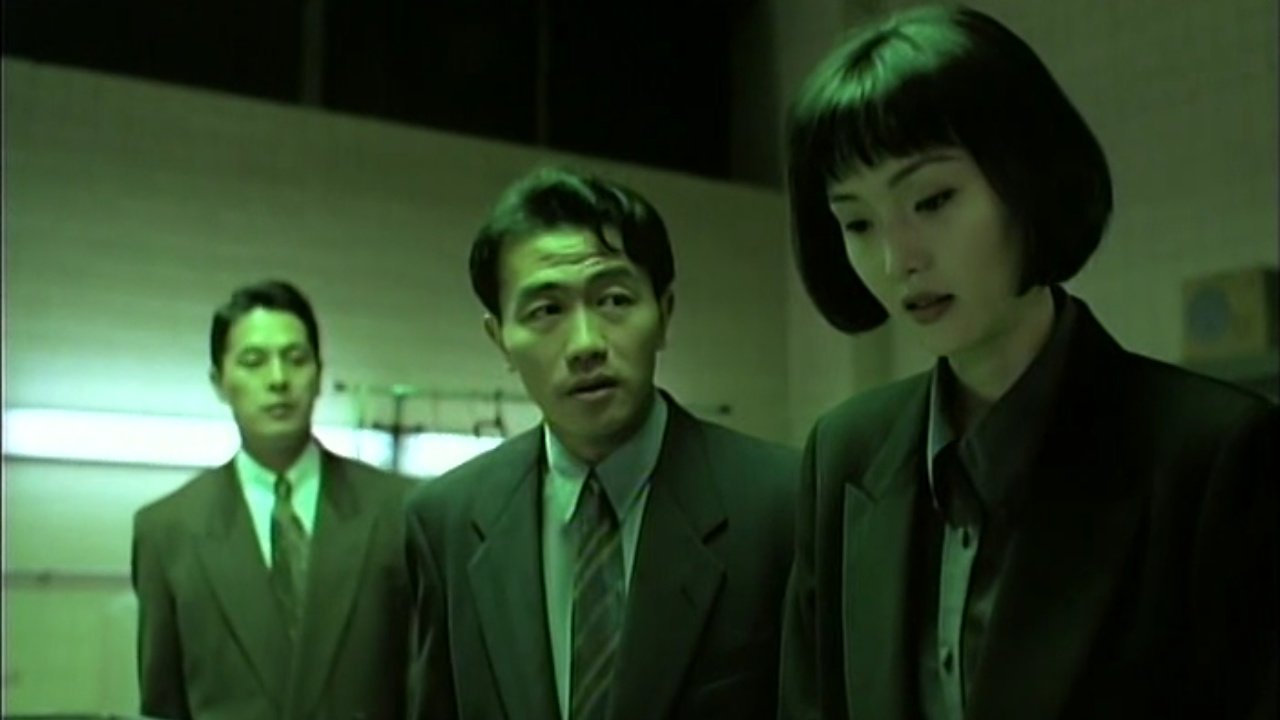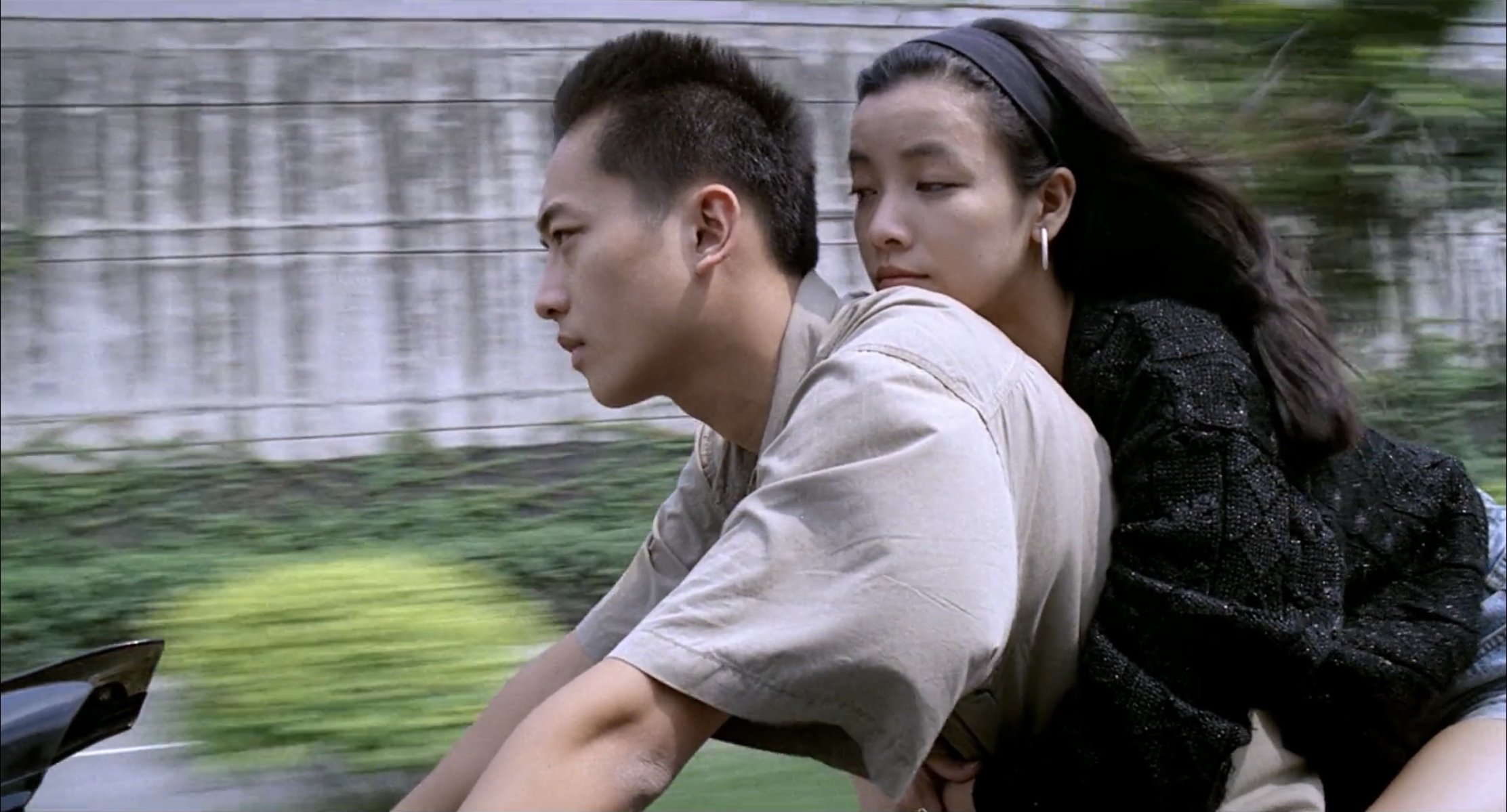The Sabukaru Guide to Korean Socio-Political Cinema

In 2019, the entire world was shaken by the top-rating South Korean movie, Parasite. This psycho-thriller got hundreds of nominations and won four Oscars, which was a first for South Korean cinema.
Touching on socio-economic issues that are swept under the rug in the country, Parasite was a cinematic gut punch. However, it is not the first South Korean film to address socio-political causes. This country has been producing groundbreaking and genre-defining movies for decades, and its cinema industry deserves wider recognition.
Sabukaru picked out a few of the best South Korean socio-political films. This isn’t an extensive list, with many other favorites in this category. The films below explore sensitive topics, developing into fascinating stories that are as heartwarming as they can be heartbreaking.
Burning [2018]
Directed by the mastermind Lee Chang-dong, Burning is a thrilling film touching on young adulthood, class, and murder. The main character, Lee Jong-Su, reconnects with a childhood friend, the witty and beautiful Shin Hae-Mi. When he picks up Hae-Mi from her trip to Africa, Jong-Su meets her new friend, Ben. Jong-Su is not fond of him: he comes from an underprivileged background, and Ben seems to have it all, from money to Hae-Mi’s affection. When their female friend disappears mysteriously, Jong-Su is even less charmed by Ben, who seems nothing less than unfazed by the situation. A powerful adaptation of the short story “Barn Burning” by Haruki Murakami, Burning is notable for its cruel poetry, collecting multiple nominations, awards, and other accolades. Discussing the gaps between socio-economic statuses, alienation, and the relationship between grief and revenge, Chang-dong produced once more a masterpiece.
Breathless [2008]
This South Korean film is best described as a punch in the face. Delving into themes of domestic abuse, grief, family, and friendship, Breathless has a brutal facade, but a wounded core. Following the aggressive debt-collector Sang-hoon, his life is in shambles since childhood. He blames his abusive father for the death of his mother and his tumultuous relationship with his sister. One day, he gets into a fight with Han Yeon-hee, a high school girl. The tough-skinned student asks for an apology and soon, they strike up a friendship. It turns out that Han Yeon-hee has an equally troubled life at home, and this enlightens the merciless Sang-hoon. This film is a story about the unforgiving nature of trauma and the helplessness of being surrounded by violence. The director Yang Ik-Joon also delivered an excellent performance since he starred as Sang-hoon.
Peppermint Candy [1999]
Peppermint Candy is the tale of the making of a monster, and the cruel reasons behind it. At first glance, Kim Young-ho seems like an average businessman, but he carries more regret than he could ever confess. His agony has a hold of him, and, during a joyful picnic, he decides to end his life on the nearby train tracks. However, before the train can hit him, Young-ho is sent back to the past: he relives six of the most defining moments of his life. As he rewinds back, he’s reminded of all the mistakes he made and the pain he caused to the people he loved the most, resulting in Young-ho’s spiralling. This indie movie is directed by none other than Lee Chang-dong. Chang-dong, this time, probed into the hurdles that this generation went through, and the unforgiving standards of masculinity.
Treeless Mountain [2008]
An incredibly sentimental and bittersweet movie by So Yong Kim, Treeless Mountain sneaks into the inseparable but quiet bond between motherhood and childhood. Two young sisters, Jin and Bin, are abandoned by their mother at their paternal aunt’s house, in order to retrieve them when the time is better. The aunt is unable to care for them, as she is an alcoholic, so the children are transferred to their grandparents, where their grandmother treats them with tenderness despite her financial situation. Jin and Bin have to navigate their distraught reality, while forever waiting for their mother, and they do their best to keep each other safe and hopeful. With tear-jerking but natural performances from the children, Treeless Mountain narrates the reality that so many South Korean children face, where, abandoned by their parents for security reasons, they are met with heartwrenching loneliness. So Yong Kim so intricately represents children’s innocence and vulnerability, in a soft, humane way.
A Bedsore [2019]
A bedridden disabled grandmother seems to be the only thing keeping her family together, as well as tearing it apart. Being taken care of by her aging husband as well as her maid, the paraplegic woman watches her marriage crumble, unable to do anything. Her daughter and son quickly get involved, and, rather than melodrama, heartbreak and repressed resentment leak out of the family. Directed by Shim Hye-jung, A Bedsore is a close look at the dynamics of a traditional South Korean family, as well as the recent issues with illegal immigrants in the country. Patriarchy, loneliness, and the slow burn of aging and disease have a hold of this close-to-home story.
Microhabitat [2017]
Miso is 31 years old, but she is different than her friends of the same age. With South Korea experiencing economic difficulties, Miso’s rent goes up, and so does the price of her two favorite things, whiskey, and cigarettes. With those two things and her boyfriend, Miso’s happiness is assured, and this pushes her to end her lease and couch surf at her well-established friends’ homes. Chasing happiness instead of stability in a country dominated by the workforce and capitalism, homelessness is brought under the lens in Microhabitat, a film by Jeon Go-woon. Rejecting the traditional path of life, Miso brings the audience to look at the nature of friendship, success, and authenticity in a world run by money.
A Taxi Driver [2017]
A Taxi Driver is based on real events, that have in fact changed the course of South Korean history. Set out like a movie rather than a documentary, the director Jang Hoon produced this with dexterity and taste. Cinematography is challenged in a way to not seem predictable since it’s a well-known event. This film focuses on a thrilling and crucial element of the Gwangju Uprising of the 80s. A well-intentioned taxi driver, Kim Man-seob, is designated to drive undercover journalist Jürgen "Peter" Hinzpeter to Gwangju. Beyond everything he expected, Kim Man-seob faces brutal challenges within the violent riots, siding with the civilians. A Taxi Driver is a must-watch for all invested in South Korea’s history, and its development as a society.
Other honorable mentions are I Am Trash [2016], A Girl at My Door [2014], The Handmaid [2010], Vertigo [2019], and Oasis [2002].
About the Author:
Mizuki Khoury
Born in Montreal, based in Tokyo. Sabukaru’s senior writer and works as an artist under Exit Number Five.


























